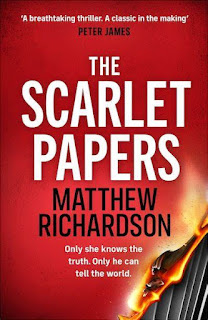One Moonlit Night is possibly the only Welsh literary work that has come close to Under Milk Wood, both in terms of prestige and literary attainment. Given that Under Milk Wood was a radio feature, One Moonlit Night stands alone as the Great Welsh Novel of the Twentieth Century. It was written in Welsh and though Prichard was a Fleet Street journalist who lived in London, he did not do the translation (this one, for Canongate, is by Philip Mitchell).
It came out in 1961, when Prichard was 57. It is the story of a boyhood in the North Wales during and just after the First World War. The boy, our narrator, is never named but we are clearly meant to assume it is the author. This lulls us into a false sense of security for the shattering ending, which clearly does not relate to Prichard. The writing is modernist, more so, in my opinion, than Thomas's dramatic feature. For example, where Thomas resorts to the Voice of the Guide Book, Prichard's Voice seems to be that of a prehistoric goddess associated with the Black Lake.
On one level we have the everyday chitchat of ordinary people going about their business. But that is regularly skewered with madness, suicide and death. One Moonlit Night is light and very dark at the same time, which gives it a unique charm. Yet Under Milk Wood is infinitely better known and loved. Partly this is because Under Milk Wood came first, largely because Thomas was famously dead when it premiered (otherwise he would have exploited producer Douglas Cleverdon's gullibility for years to come). Mainly, though, it's because Thomas wrote in English and Prichard didn't. There have been radio productions of his sole novel in English and Welsh (Un Nos Ola Leuad), including one this year, but they have never really caught the public imagination. It's a shame. I was fascinated, enthralled, and highly impressed.


































